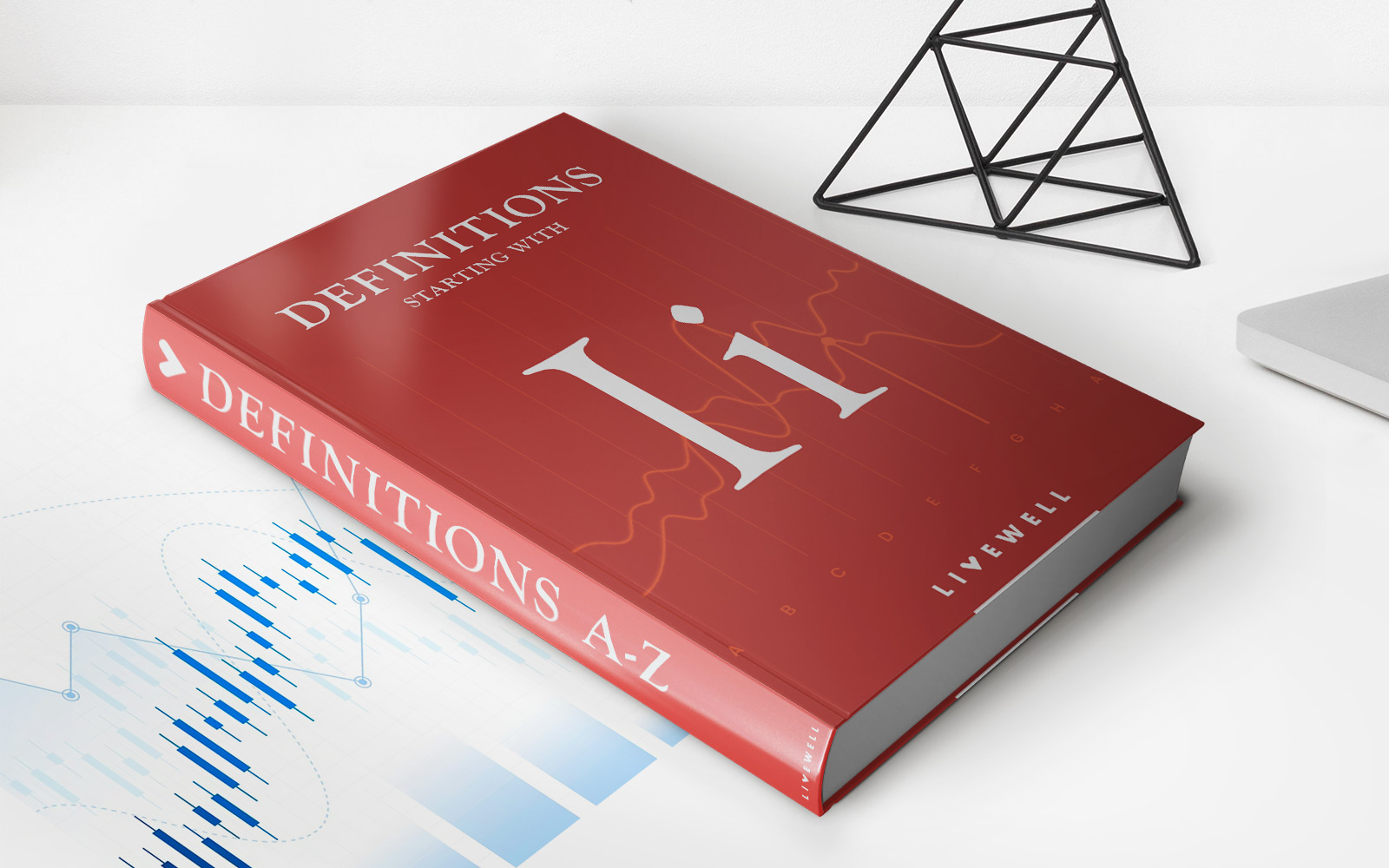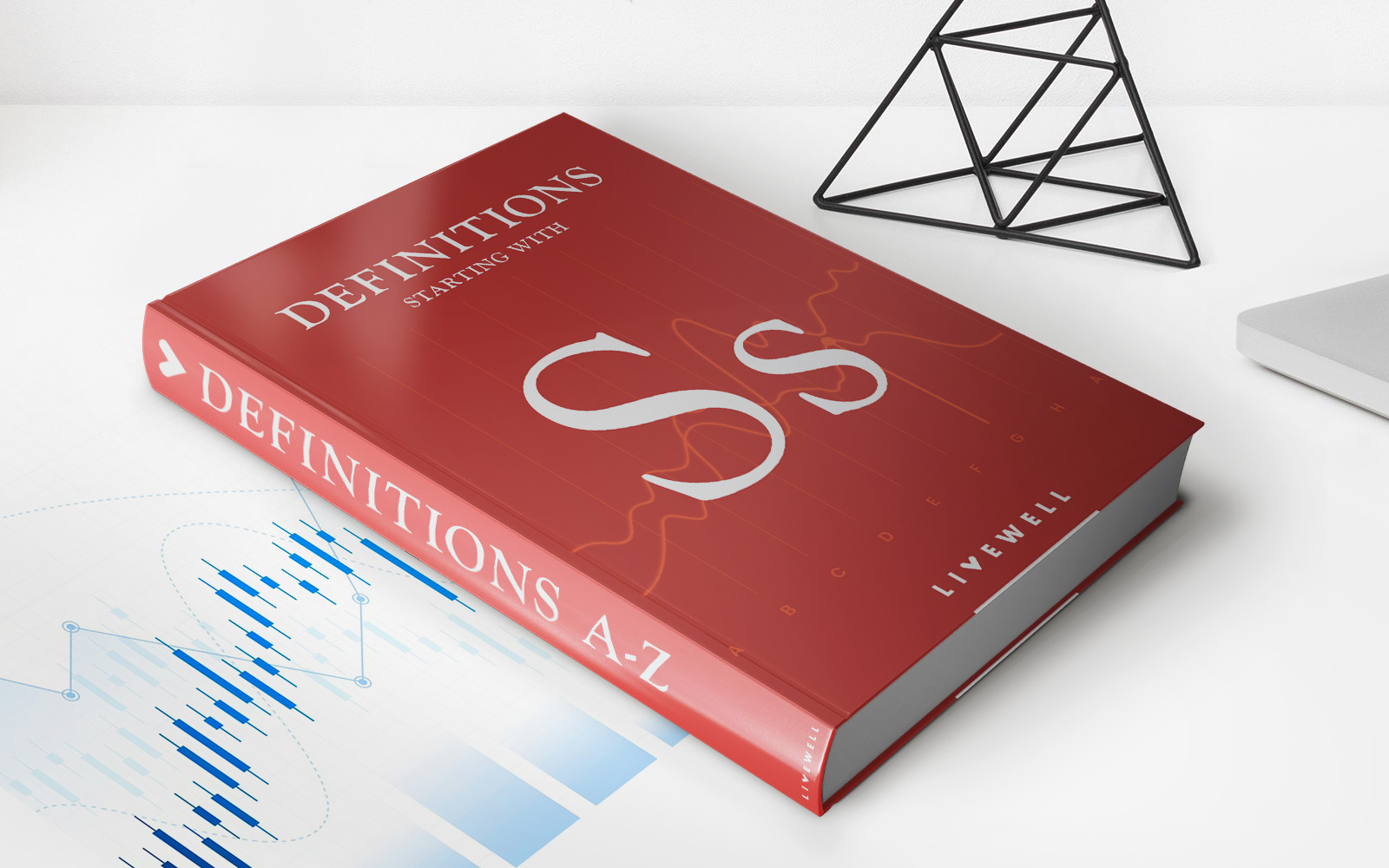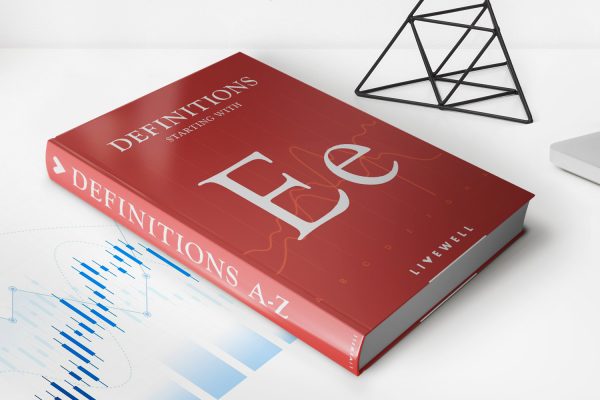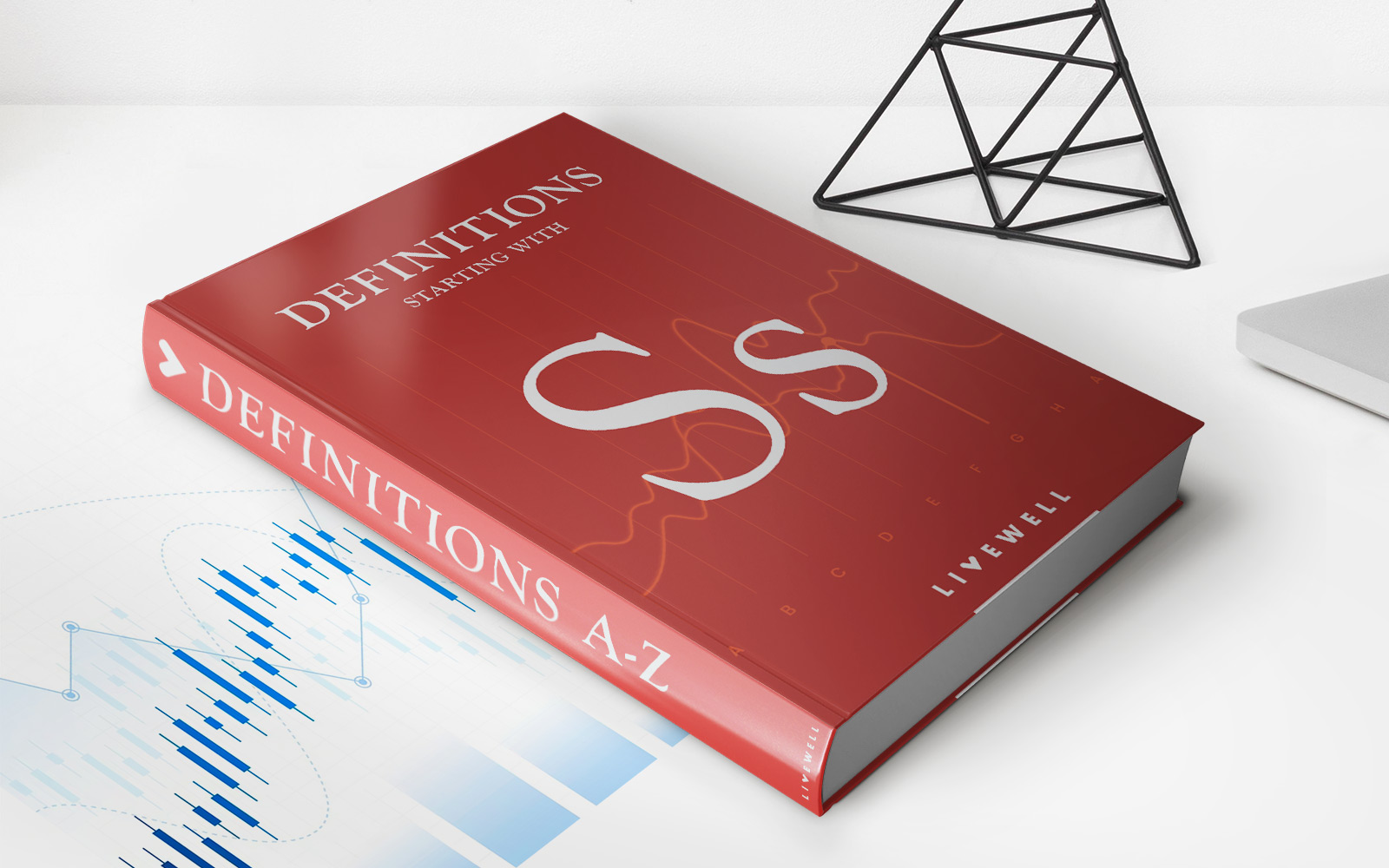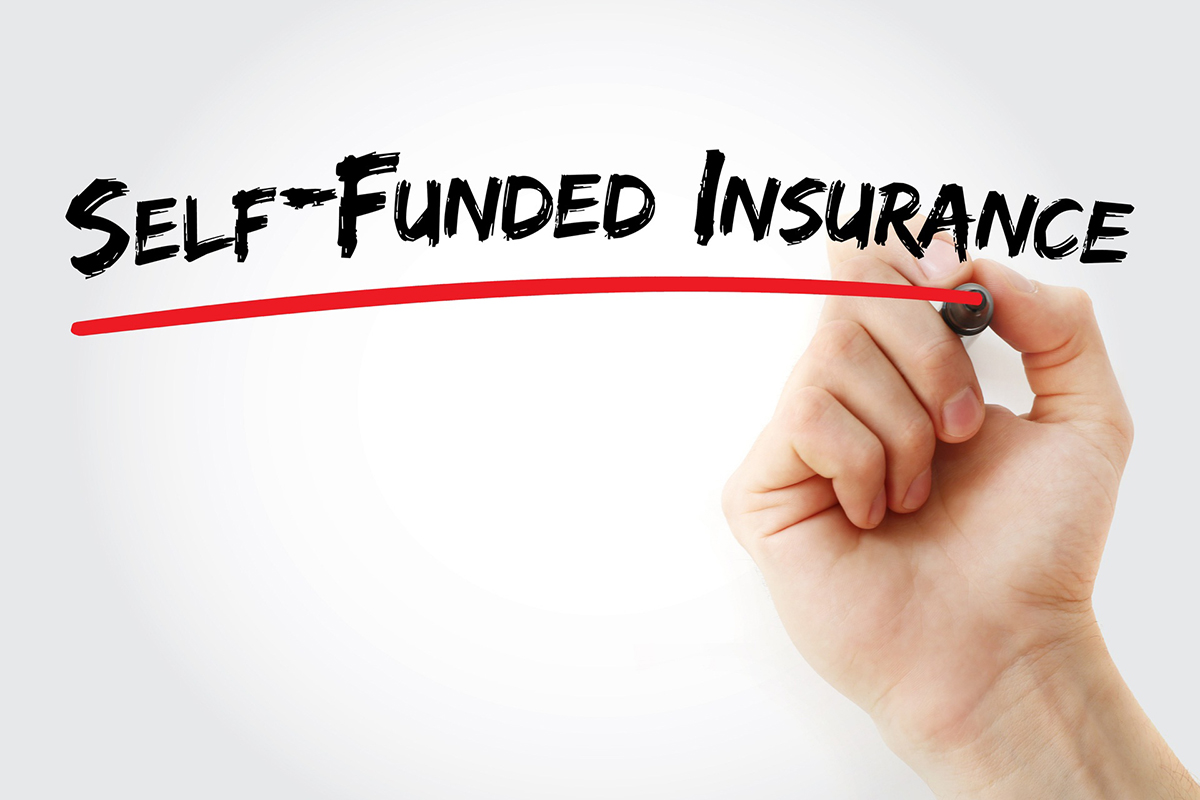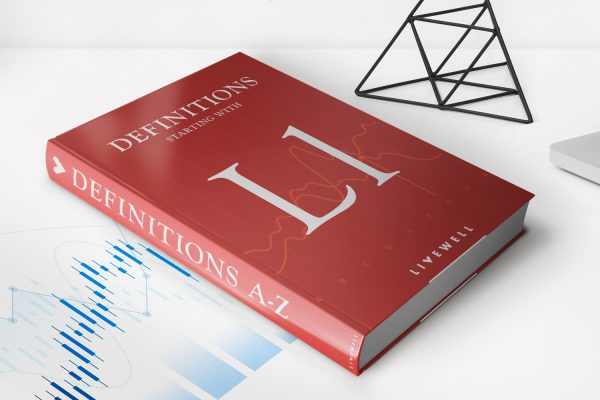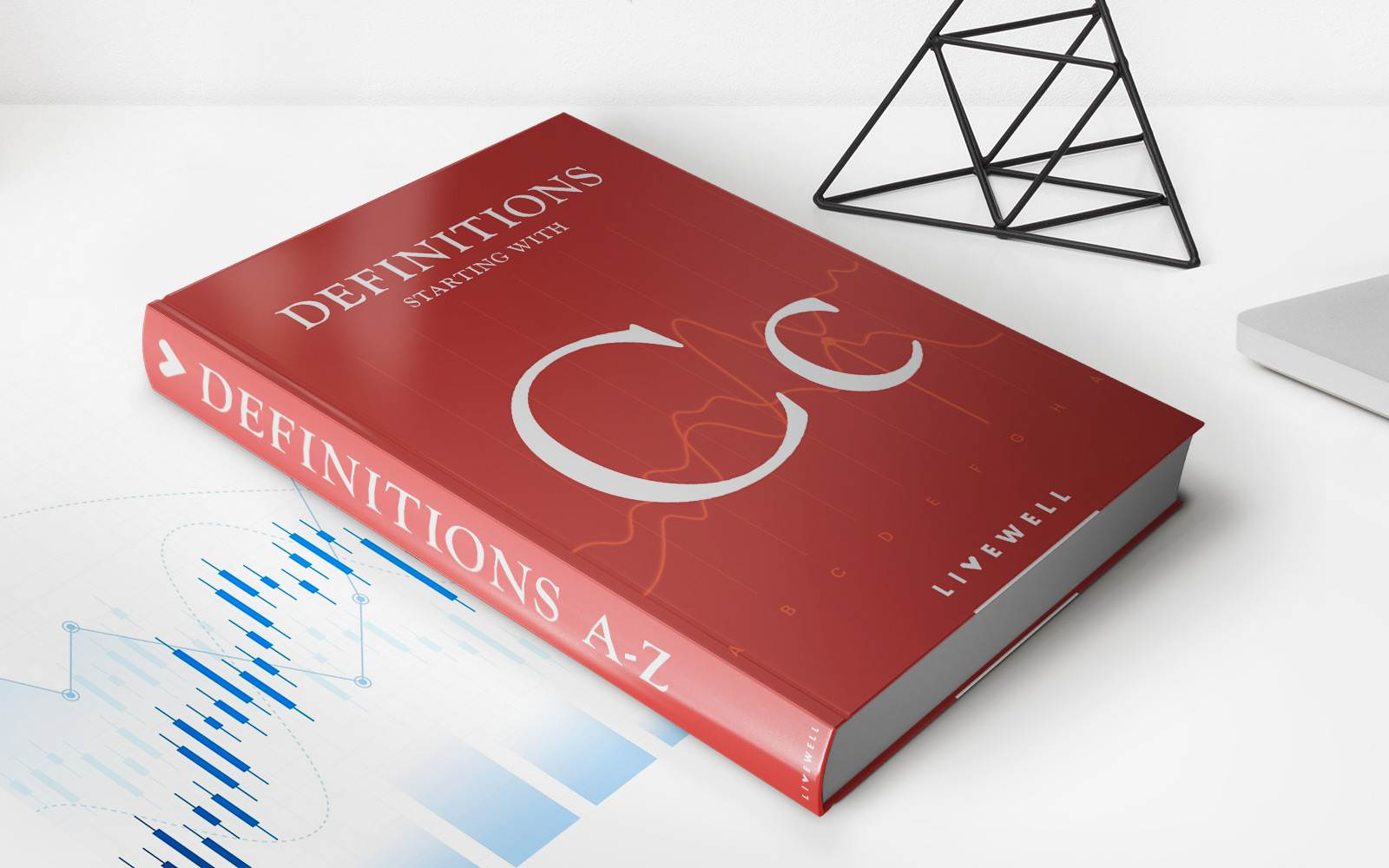Home>Finance>What Is Public Liability Insurance For Self-Employed?
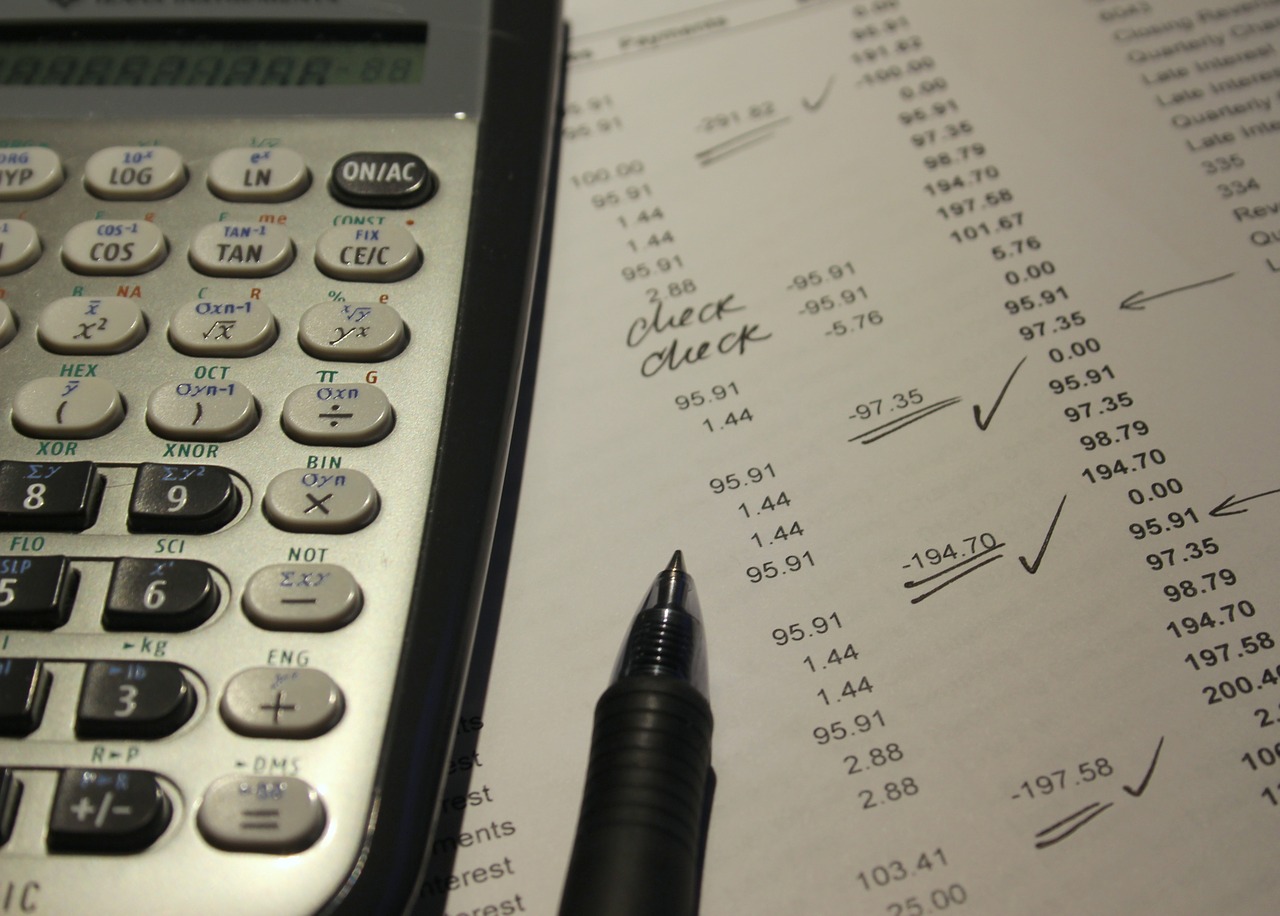

Finance
What Is Public Liability Insurance For Self-Employed?
Published: November 16, 2023
Looking for public liability insurance as a self-employed individual? Learn what it is and how it can protect your finances.
(Many of the links in this article redirect to a specific reviewed product. Your purchase of these products through affiliate links helps to generate commission for LiveWell, at no extra cost. Learn more)
Table of Contents
- Introduction
- Understanding Public Liability Insurance for Self-Employed
- Why Self-Employed Individuals Need Public Liability Insurance
- Coverage Provided by Public Liability Insurance
- Benefits of Public Liability Insurance for Self-Employed
- How to Choose the Right Public Liability Insurance Policy
- Factors to Consider When Buying Public Liability Insurance
- Cost of Public Liability Insurance for Self-Employed
- Conclusion
Introduction
Public liability insurance is a crucial aspect of protecting yourself as a self-employed individual. Whether you are a freelance writer, a photographer, a consultant, or any other type of self-employed professional, public liability insurance can provide you with financial security in case of any unexpected incidents. This type of insurance covers you in the event that a third party, such as a client or a member of the public, files a claim against you for injury or damage caused by your business activities.
Operating as a self-employed individual means that you are solely responsible for the success and day-to-day operations of your business. While being your own boss has its advantages, it also comes with risks. Accidents can happen, and if you don’t have proper insurance coverage, you could end up facing hefty costs and potential legal issues.
Public liability insurance for self-employed individuals is designed to provide you with peace of mind and financial protection in case things go wrong. It ensures that you are not personally liable for any claims made against you, preventing your assets from being jeopardized and safeguarding the future of your business.
In this article, we will delve deeper into the subject of public liability insurance for self-employed individuals. We will explore the reasons why it is crucial for self-employed professionals, the coverage provided, the benefits it offers, how to choose the right policy, and the factors to consider when purchasing this type of insurance. By the end, you will have a clear understanding of the importance of public liability insurance and be equipped with the knowledge to make informed decisions for the protection of your business.
Understanding Public Liability Insurance for Self-Employed
Public liability insurance is a type of business insurance that specifically covers self-employed individuals in the event of third-party claims. It is designed to protect you if someone is injured or their property is damaged as a result of your business activities. This insurance provides coverage for legal expenses, medical costs, and compensation claims. Understanding how public liability insurance works is essential for self-employed professionals, as it helps them mitigate potential risks and liabilities.
Public liability insurance covers a wide range of scenarios. For example, if you accidentally cause a client to trip and fall during a meeting at your office, public liability insurance can help cover their medical expenses and any legal costs that may arise if they decide to sue you. It also provides coverage for damage caused to a client’s property by your business operations. For instance, if you are a photographer and accidentally knock over an expensive vase during a photo shoot, public liability insurance can cover the cost of repairing or replacing the damaged item.
As a self-employed individual, you may work in various locations, including client premises, public spaces, or even your own home. Public liability insurance can offer protection no matter where your business takes you. Additionally, it can cover you for both accidental injuries and property damage that occur as a result of your business activities.
It’s important to note that public liability insurance only provides coverage for third-party claims. This means that it does not cover injuries or damage that happen to you or your own property. For that, you may need other types of insurance, such as personal accident insurance or property insurance. Public liability insurance solely focuses on protecting you from the financial consequences of claims made by third parties.
By having public liability insurance, self-employed professionals can conduct their business operations with confidence, knowing that they are protected against potential liabilities. Whether you work in a low-risk industry or in a field that entails higher risks, such as construction or consulting, having this insurance can give you peace of mind and allow you to focus on growing your business.
Why Self-Employed Individuals Need Public Liability Insurance
Public liability insurance is vital for self-employed individuals as it provides essential protection against potential financial loss and liabilities. Here are several reasons why self-employed professionals should consider obtaining public liability insurance:
- Legal Protection: Accidents happen, and if a client or a member of the public suffers an injury or property damage as a result of your business activities, they may file a claim against you. Public liability insurance offers legal protection by covering the costs associated with defending yourself in a lawsuit and any potential settlement or judgment.
- Client Requirements: Many clients, particularly larger corporations and government agencies, require self-employed professionals to have public liability insurance before they can secure a contract. It demonstrates your commitment to professionalism and assures clients that they will be protected in case of any unforeseen incidents.
- Financial Security: Without public liability insurance, self-employed individuals are personally liable for any compensation claims, legal fees, and medical expenses resulting from an incident. This can be financially devastating and may even lead to bankruptcy. Public liability insurance provides the necessary financial security to protect your business and personal assets in case of a claim.
- Peace of Mind: Running a business can be stressful, and the last thing you want to worry about is the potential financial consequences of an accident or incident. Public liability insurance offers peace of mind, allowing you to focus on your business operations and providing services to your clients with confidence.
- Professional Reputation: Being insured demonstrates your professionalism and commitment to your clients’ well-being. It shows that you take your business seriously and are prepared for any unforeseen circumstances. This can enhance your professional reputation and set you apart from competitors who may not have this level of coverage.
Regardless of the industry you work in, accidents can occur and unexpected incidents can happen. Having public liability insurance as a self-employed professional is a proactive approach to protect yourself, your business, and your clients. It is a necessary investment that provides peace of mind, legal protection, and financial security, ensuring you can navigate through potential challenges and confidently focus on growing your business.
Coverage Provided by Public Liability Insurance
Public liability insurance provides self-employed individuals with essential coverage for a wide range of incidents and claims made by third parties. Understanding the extent of coverage offered by this insurance is crucial for self-employed professionals. Here are some common areas of coverage provided by public liability insurance:
- Bodily Injury: If a third party, such as a client or a member of the public, sustains an injury as a result of your business activities, public liability insurance can cover their medical expenses, rehabilitation costs, and any potential legal fees or compensation claims.
- Property Damage: Accidents happen, and if your business operations cause damage to a client’s property or premises, public liability insurance can cover the costs associated with repairing or replacing the damaged items.
- Products Liability: If you are a self-employed professional who sells or supplies products to clients, public liability insurance can offer coverage for any claims related to product defects that cause injury or damage. It can cover legal expenses, compensation claims, and other associated costs.
- Advertising Liability: Public liability insurance can also extend coverage to advertising-related claims made by third parties. This includes claims of defamation, copyright infringement, or misleading advertising that may arise from your marketing activities.
- Personal Injury: In addition to bodily injury, public liability insurance may cover claims related to non-physical harm, such as emotional distress or reputational damage caused by your business activities.
- Legal Expenses: Public liability insurance typically includes coverage for legal expenses, including the cost of hiring lawyers, court fees, and settlements or judgments resulting from a claim. This coverage can offer financial protection and ensure you have the necessary resources to defend your interests.
It is important to review your policy and understand the specific coverage provided by your public liability insurance. Coverage limits, exclusions, and additional options can vary between insurance providers and policies. Consulting with an insurance professional or broker can help you tailor your coverage to suit the specific needs and risks of your self-employed business.
Having a comprehensive understanding of the coverage provided by public liability insurance ensures that you are adequately protected against potential risks and liabilities. It gives you the peace of mind to focus on your business operations, knowing that you have the necessary coverage in case of unexpected incidents or claims made by third parties.
Benefits of Public Liability Insurance for Self-Employed
Public liability insurance offers numerous benefits for self-employed individuals. It is a crucial investment that provides protection and peace of mind. Here are the key benefits of having public liability insurance as a self-employed professional:
- Financial Protection: Public liability insurance safeguards you from potential financial ruin resulting from compensation claims, legal fees, and medical expenses. In the event of an accident or incident, the insurance company will cover the costs, protecting your personal and business assets.
- Legal Defense: If a claim is made against you, public liability insurance provides legal defense. The insurance company will handle the legal proceedings, including hiring lawyers and managing the negotiation or settlement process. This saves you time and stress, allowing you to focus on your work and business operations.
- Client Confidence: By having public liability insurance, you demonstrate your commitment to professionalism and the well-being of your clients. This can increase client confidence and trust in your services. Many clients, particularly larger organizations, may require proof of insurance before doing business with you.
- Protection Against Unforeseen Events: Accidents and incidents are unpredictable. Public liability insurance protects you from the unexpected, providing coverage for injuries or property damage caused by your business activities. This allows you to pursue your work with peace of mind, knowing that you are prepared for any potential risks.
- Competitive Advantage: In competitive industries, having public liability insurance can set you apart from your competitors. It shows that you take your business and clients’ well-being seriously. Clients may be more inclined to choose a self-employed professional who is insured compared to someone without coverage.
- Peace of Mind: Arguably the most important benefit of public liability insurance is the peace of mind it offers. As a self-employed individual, knowing that you are protected from potential financial losses and legal liabilities allows you to focus on your work without unnecessary stress or worry.
Public liability insurance is a proactive measure that protects you and your business from unforeseen events and potential claims. It provides a safety net, ensuring that you can navigate any challenges that may come your way while maintaining your financial stability and professional reputation.
How to Choose the Right Public Liability Insurance Policy
Choosing the right public liability insurance policy is crucial for self-employed professionals. It ensures that you have the appropriate coverage to protect your business and yourself from potential risks and liabilities. Here are some factors to consider when selecting a public liability insurance policy:
- Evaluate Your Business Risks: Assess the specific risks associated with your self-employed business. Consider the nature of your work, the locations you operate in, and the potential hazards involved. This will help you determine the level of coverage you need to adequately protect yourself against the risks relevant to your industry.
- Check Coverage Limits: Review the policy’s coverage limits to ensure they are sufficient for your business needs. Consider the maximum amount the insurance company will pay in the event of a claim, as well as any sub-limits for specific types of incidents or damages.
- Consider Exclusions: Take note of any exclusions specified in the policy. Exclusions are specific circumstances or actions that are not covered by the insurance. Make sure you understand what is excluded and assess whether those exclusions are relevant to your business activities.
- Review Additional Coverage Options: Some insurance policies offer additional coverage options that can be beneficial for certain self-employed professionals. These may include coverage for tools and equipment, cyber liability, or professional indemnity insurance. Assess whether these additional coverages are necessary for your business and if they are available as add-ons to the policy.
- Compare Quotes and Premiums: Obtain quotes from multiple insurance providers to compare premiums and coverage. While cost is an important consideration, remember that the cheapest option may not always provide the best coverage or service. Strike a balance between affordability and comprehensive coverage.
- Check the Insurer’s Reputation: Research the reputation and financial stability of the insurance company. Look for reviews, ratings, and customer feedback to ensure that the insurer is reputable and has a history of reliable claims handling and customer service.
- Seek Professional Advice: If you are unsure about the specific coverage needs for your self-employed business, it can be valuable to seek advice from an insurance broker or professional. They can help assess your risks, recommend appropriate coverage options, and assist in finding the right policy for your needs.
Remember, public liability insurance is not one-size-fits-all. The right policy for you will depend on the unique circumstances and risks of your self-employed business. By carefully considering these factors and conducting thorough research, you can make an informed decision and choose a public liability insurance policy that provides the necessary protection for you and your business.
Factors to Consider When Buying Public Liability Insurance
When purchasing public liability insurance as a self-employed professional, it is essential to consider several factors to ensure that you choose the most suitable policy for your specific needs. These factors will help you make an informed decision and obtain the right coverage. Here are the key factors to consider:
- Type of Business: The nature of your self-employed business will play a significant role in determining the type and level of public liability insurance you require. Consider the industry you operate in, the nature of your work, and any associated risks to assess your coverage needs accurately.
- Extent of Coverage: Evaluate the coverage provided by different insurance policies. Look for policies that offer comprehensive coverage for bodily injury, property damage, products liability, and advertising liability. Assess if the coverage limits are sufficient for your business activities and if there are any exclusions that may affect your specific needs.
- Policy Limit and Deductible: Review the policy limit, which is the maximum amount the insurer will pay for a claim. Ensure that the limit is adequate for your business requirements. Additionally, consider the deductible or excess, which is the amount you need to pay out of pocket before the insurance coverage kicks in. Assess if the deductible is reasonable and affordable for your financial situation.
- Premium Costs: Compare premiums from different insurance providers. While cost is a factor, it is crucial to strike a balance between affordability and comprehensive coverage. Be wary of policies with significantly lower premiums, as they may have limited coverage or excessive exclusions. Consider the overall value rather than solely focusing on the cheapest option.
- Claims Process and Customer Service: Research the insurance company’s reputation for claims handling and customer service. Read reviews and seek recommendations to ensure that the insurer is reliable and responsive in managing claims. A smooth and efficient claims process can be critical during a challenging situation.
- Policy Duration and Renewal: Consider the policy duration and renewal process. Ensure that the policy term aligns with your business needs, and evaluate the renewal process to avoid any potential gaps in coverage.
- Additional Coverage Options: Assess if there are any additional coverage options available that may be relevant to your business. This could include coverage for tools and equipment, cyber liability, or professional indemnity insurance. Determine if these options are necessary and if they can be added to your policy.
- Professional Advice: If you are unsure about the specific coverage needs for your self-employed business, seek advice from an insurance broker or professional. They can offer personalized insights, assess your risks, and help you find the right policy that aligns with your unique requirements.
Considering these factors when buying public liability insurance will ensure that you choose the most suitable policy for your self-employed business. Taking the time to review your needs, compare options, and seek professional advice will lead to a policy that provides comprehensive coverage and peace of mind.
Cost of Public Liability Insurance for Self-Employed
The cost of public liability insurance for self-employed individuals can vary depending on various factors. While it is important to consider the affordability of the insurance, it is equally crucial to ensure that the coverage provided aligns with your specific business needs. Here are some factors that can impact the cost of public liability insurance:
- Type of Business: The nature of your self-employed business plays a significant role in determining the cost of insurance. Industries with higher risks, such as construction or electrical work, may have higher premiums compared to lower-risk professions like consulting or bookkeeping.
- Business Revenue and Size: The size and revenue of your business can affect the cost of insurance. Insurance providers may take into consideration factors such as the number of employees, annual revenue, and the scale of your operations when determining the premium.
- Level of Coverage: The extent of coverage required also impacts the cost. Higher coverage limits and additional coverage options may increase the premium. Assess your business risks and coverage needs to determine an appropriate level of protection.
- Claims History: Insurance providers consider your claims history when calculating premiums. If you have a history of claims or incidents, it may result in higher premiums. On the other hand, a clean claims history can potentially lower the cost of insurance.
- Location and Jurisdiction: The location of your business can affect the cost of insurance. Premiums may vary based on factors such as regional risk profiles, local regulations, and the cost of living or conducting business in that area.
- Industry Regulations and Requirements: Some industries have specific insurance requirements or regulations. Compliance with these requirements may impact the cost of insurance. For example, certain professions may require higher coverage limits or additional coverage options due to industry-specific risks.
- Insurance Provider: Different insurance providers may offer varying premiums for similar coverage. It is important to compare quotes from multiple insurers to ensure you are getting the best value for your money. Consider the reputation, financial stability, and customer service of the insurance company in addition to the cost.
While it is challenging to provide an exact cost range as it varies greatly, public liability insurance for self-employed individuals can typically range from a few hundred to a few thousand dollars per year. It is recommended to obtain quotes from different providers and consider the coverage and value offered by each policy rather than solely focusing on the price.
Keep in mind that the cost of public liability insurance is an investment in the protection and financial security of your business. It is important to balance affordability with comprehensive coverage to ensure that you are adequately protected against potential risks and liabilities.
Conclusion
Public liability insurance is a critical component of risk management for self-employed individuals. It offers financial protection and peace of mind in the face of potential liabilities arising from accidents or incidents involving third parties. As a self-employed professional, investing in public liability insurance is a proactive step towards safeguarding your business and personal assets.
Understanding the importance of public liability insurance and its coverage is crucial. It provides protection against bodily injury, property damage, products liability, and advertising liability claims. It also covers legal expenses, ensuring that you have the necessary resources to defend yourself in a lawsuit. By choosing the right public liability insurance policy, you can confidently operate your business, knowing that you are shielded from potential risks and liabilities.
When selecting a policy, it is essential to consider factors such as the nature of your business, coverage limits, exclusions, additional coverage options, and the reputation of the insurance provider. By carefully assessing these factors and seeking professional advice when needed, you can make an informed decision that suits your specific needs.
While the cost of public liability insurance varies depending on several factors, it is an investment that can protect you from significant financial losses. By comparing quotes and evaluating the value offered by different policies, you can find the right balance between affordability and comprehensive coverage.
In conclusion, public liability insurance is a vital component of risk mitigation for self-employed professionals. It provides financial security, legal protection, and peace of mind, allowing you to focus on growing your business and serving your clients. By securing the appropriate coverage, you can navigate the uncertainties of running a self-employed business with confidence, knowing that you are prepared for any unforeseen incidents or claims that may arise.
